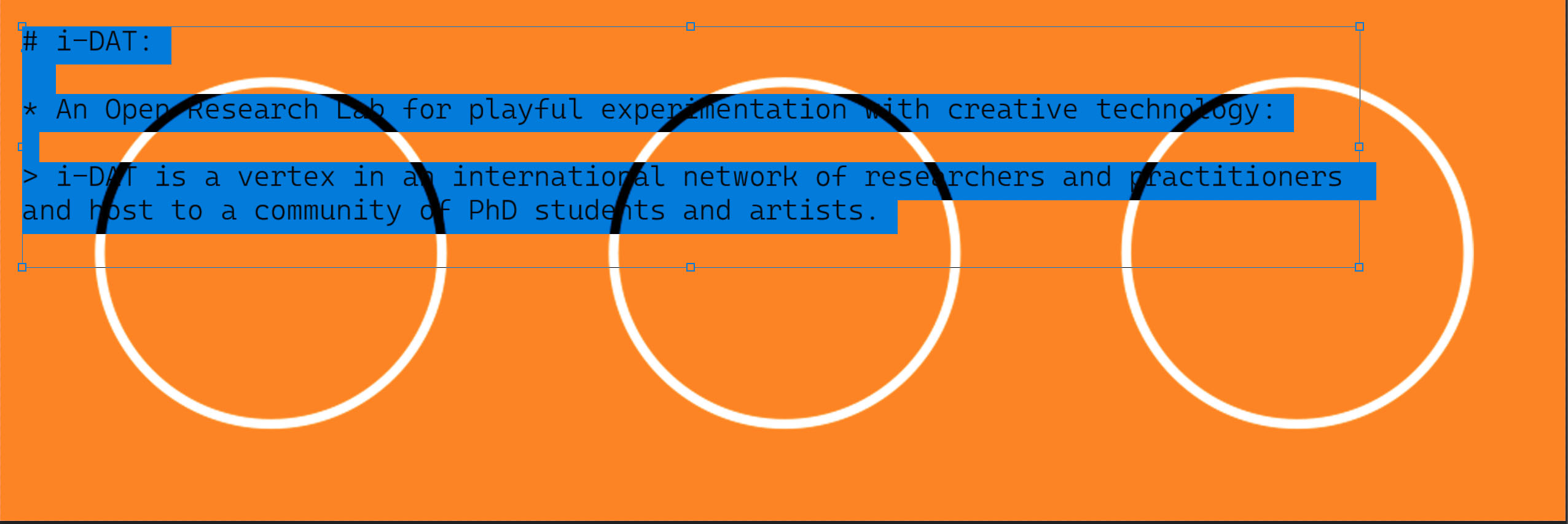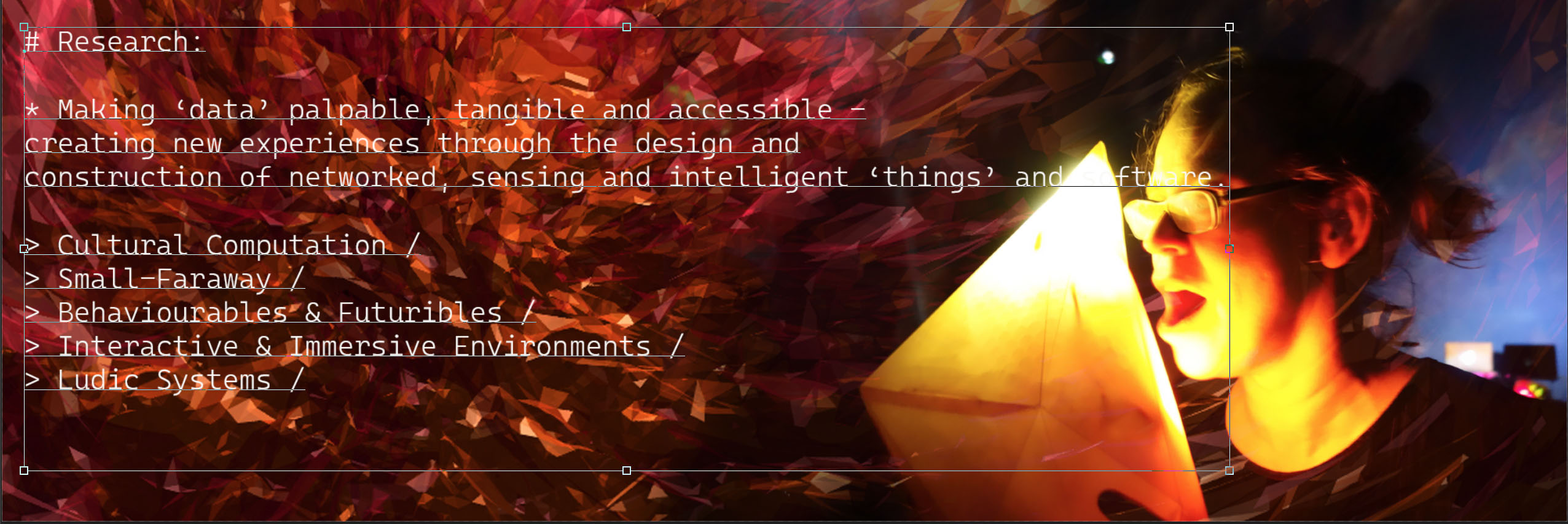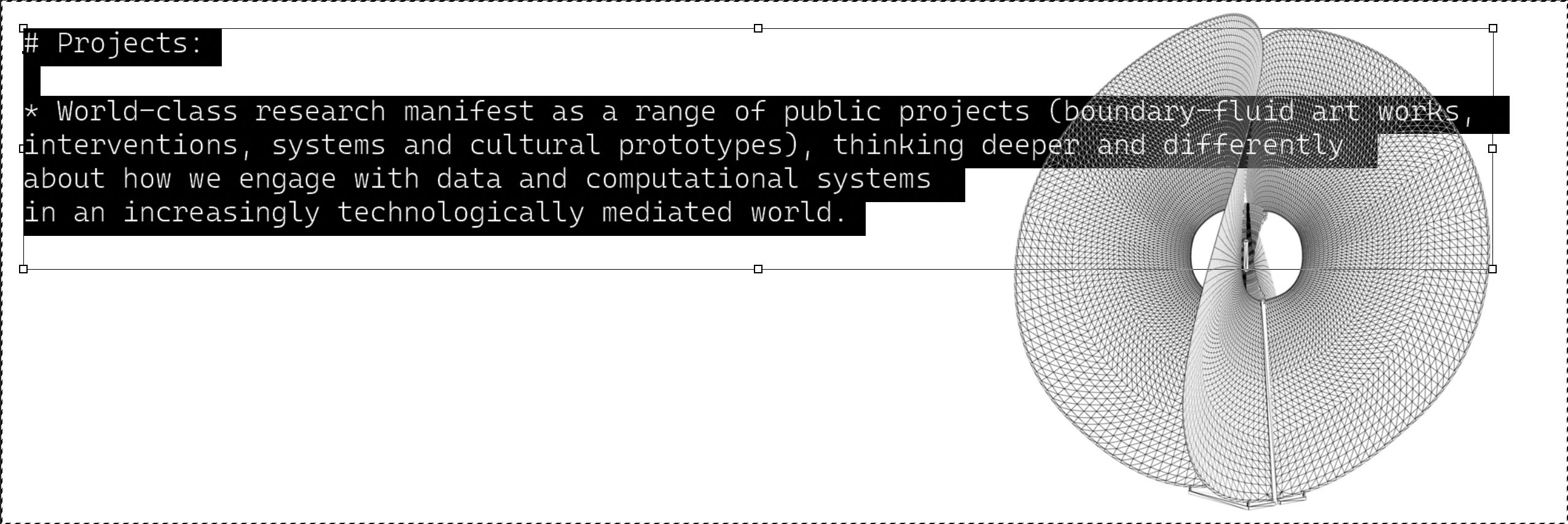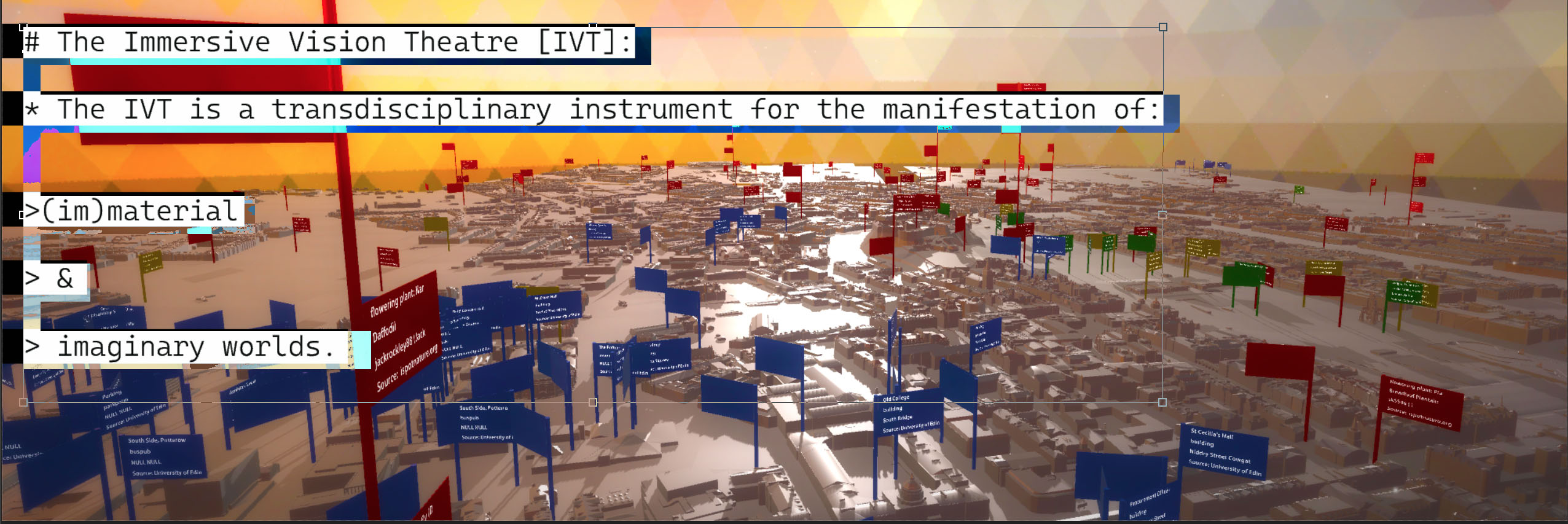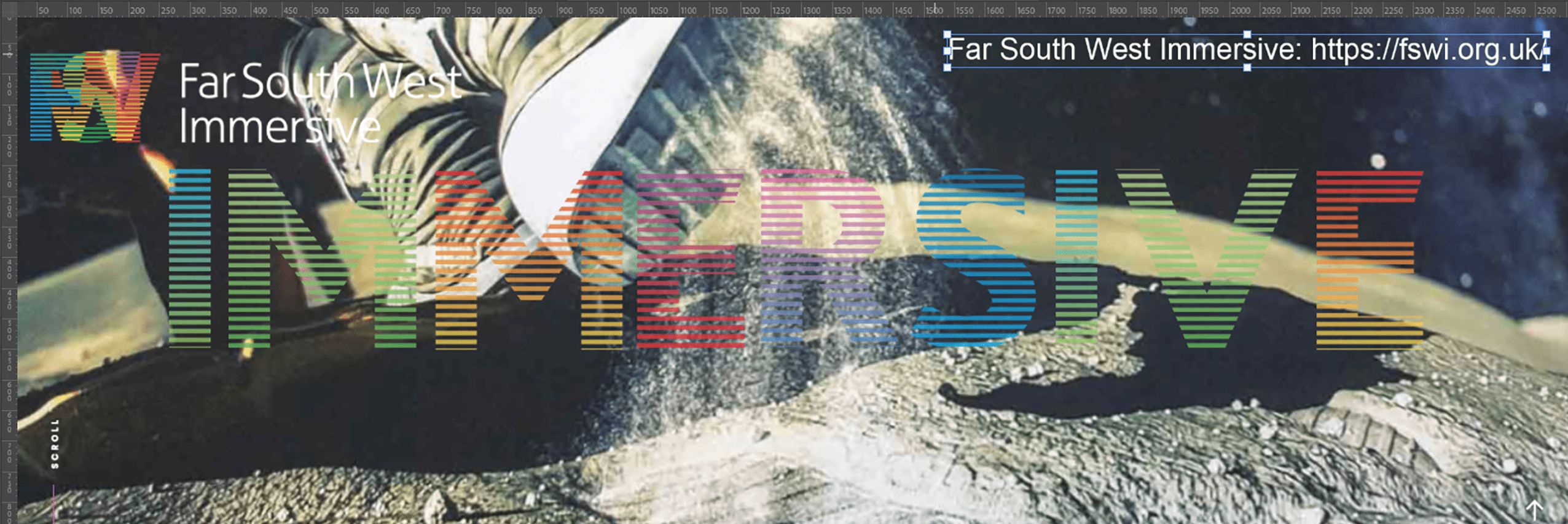A future home for i-DAT, Art + Sound and a UK base for the Planetary Collegium?:
A new vision for the Market Place is to redevelop it as a public facing Digital Arts Hub, incorporating three key elements.
- A space for the existing World Class practice-based research being undertaken by Planetary Collegium (PC), Art and Sound and i-DAT. The space will provide a physical hub for the Plymouth Node of the PC and will operate as an attractor for digital artists and researchers that will cluster around this collaborative research community.
- A public digital arts venue managed by i-DAT and RIO for workshops, entertainment and participatory design and co-production.
- A managed workspace and hub for new digital businesses in Plymouth. Operating as a ‘hatchery’ for new media companies, complementing the provision through the Formation Zone and Tamar Science Park by offering an experimental test space for companies requiring motion capture, games testing or sound facilities.
These activities would be built on the substrate offered by the Market Building. It would offer Flexible Studio/Lab spaces to support creative digital innovation, such as:
- office space (open and closed – recombinating architecture);
- FullDome Lab (inflatable and hard shell FullDome development lab to feed the IVT and partners);
- SoundLab (recording, playback, etc);
- ImageLab (projection mapping, visualisation, image recognition, MoCap, Computer vision, 3D modelling, etc);
- SoftLab (creative coding, web and app development, etc);
- FabLab (Fabrication lab, Open Rapid Prototypers, light tooling, model-making, etc);
- Moist Media Lab (comprising bits, atoms, neurons, and genes)
- BioLab (Bio Art lab, food lab, eHealth, horticulture, slow food, etc);
- IoTLab (Internet of Things, ubiquitous computing, RFID, sensors, embedded systems, etc);
- GamesLab (social, platform, indi, ludics, etc)
The Market Building would offer a new model for an open and participatory place for digital cultural engagement. It would provide a innovative framework to support knew knowledge exchange between researchers, industry, communities and schools.
PRESS RELEASE:
Council leader Tudor Evans will be handed the keys to the historic Devonport Market Hall in a deal to restore the landmark and create a fantastic future as a high tech ‘play market’.
Plymouth City Council, the Devonport based regeneration agency, Real Ideas Organisation (RIO) and Plymouth University have joined forces in a pioneering project that will put digital gaming into the heart of a regenerated Devonport.
The Council is now the owner of the derelict market hall after the Homes and Communities Agency (HCA) formally transferred its ownership to the council and providing a £2.5m investment to help with the cost of taking on and renovating it.
Once restored, it will be home to the university’s Institute of Digital Arts (i-DAT), there will be a ‘hatchery’ for new firms, a testing ground for established companies and a unique visitor attraction.
RIO has developed a business plan for the play market which aims to entice a new generation of researchers and would-be designers from schools around the city as well as local and international students at the university looking to develop their work.
Council Leader Tudor Evans said:
“This is a social enterprise city in action. It’s a risk for us to take on this building in difficult economic circumstances, but not only are we working together to bring this building back to life, an incredible future for the hall and for those who live around it is now on the horizon.
It’s exciting, it’s a bit edgy, it’s creative and it’s helping our young people develop skills in a creative industry that globally is worth £53 billion. Devonport is changing daily. New homes are changing its landscape and this is an exciting time. Through this building and this project, we will transform lives.”
Ed Whitelaw, Lead Developer at RIO said: “This is another great example of what can be achieved with a co-operative council.
“Devonport has a long history of both social and technological innovation. Creating a space here for Plymouth University and i-DAT will ensure we can continue in this fine tradition of innovation, create further opportunities for people locally and ensure Devonport is better connected to the rest of the city.”
Plymouth University will look to create a digital innovation hub in the Market Hall, which will see i-DAT – an Arts Council England national portfolio organisation – working alongside internationally renowned groups in the School of Art and Media to build a world class public-facing research platform.
Professor David Coslett, Deputy Vice-Chancellor at Plymouth University, said:
“At Plymouth University, we take great pride in being at the heart of our community and using our expertise to inspire a spirit of enterprise and creativity across the city and region. With our partners, we are breathing new life into part of the city’s heritage, and transforming a unique space where our innovation in the digital arts can engage a new audience.”
The building was built in 1852, although the Ministry of Defence annexed the building and land around it behind a security wall in the 1960s. It has a distinctive Italianate clock tower. The hall has three iron-trussed roofs with iron lattice balconies supported on iron columns together with a large central staircase.
Steve Jackson, HCA Area Manager said: “This agreement builds on the positive progress being made in Devonport which has been transformed with new homes and investment in recent years.
“The Market Hall can play a key part in the future of Devonport in a real and vivid way, with local people at the heart of this transformation. The Council deserves credit for having a clear vision for the site, which we strongly support.
Our investment demonstrates our commitment to the importance of the building, which has not progressed in recent years because of the economic downturn.”
Keith Miller, Commercial Director for Redrow (South West) said:
“We funded the restoration of the Market Hall and Clock Tower in the hope that arresting the decay to this historic building would prevent any further deterioration and secure its future for the local community.
Work commenced in 2007/8 and the cost of the restoration was approximately £500,000. The works have been carried out by specialist contractors who have done a great job of stopping the building from deteriorating. We hope that an end use will be found for this iconic building, perhaps as a community resource.”
